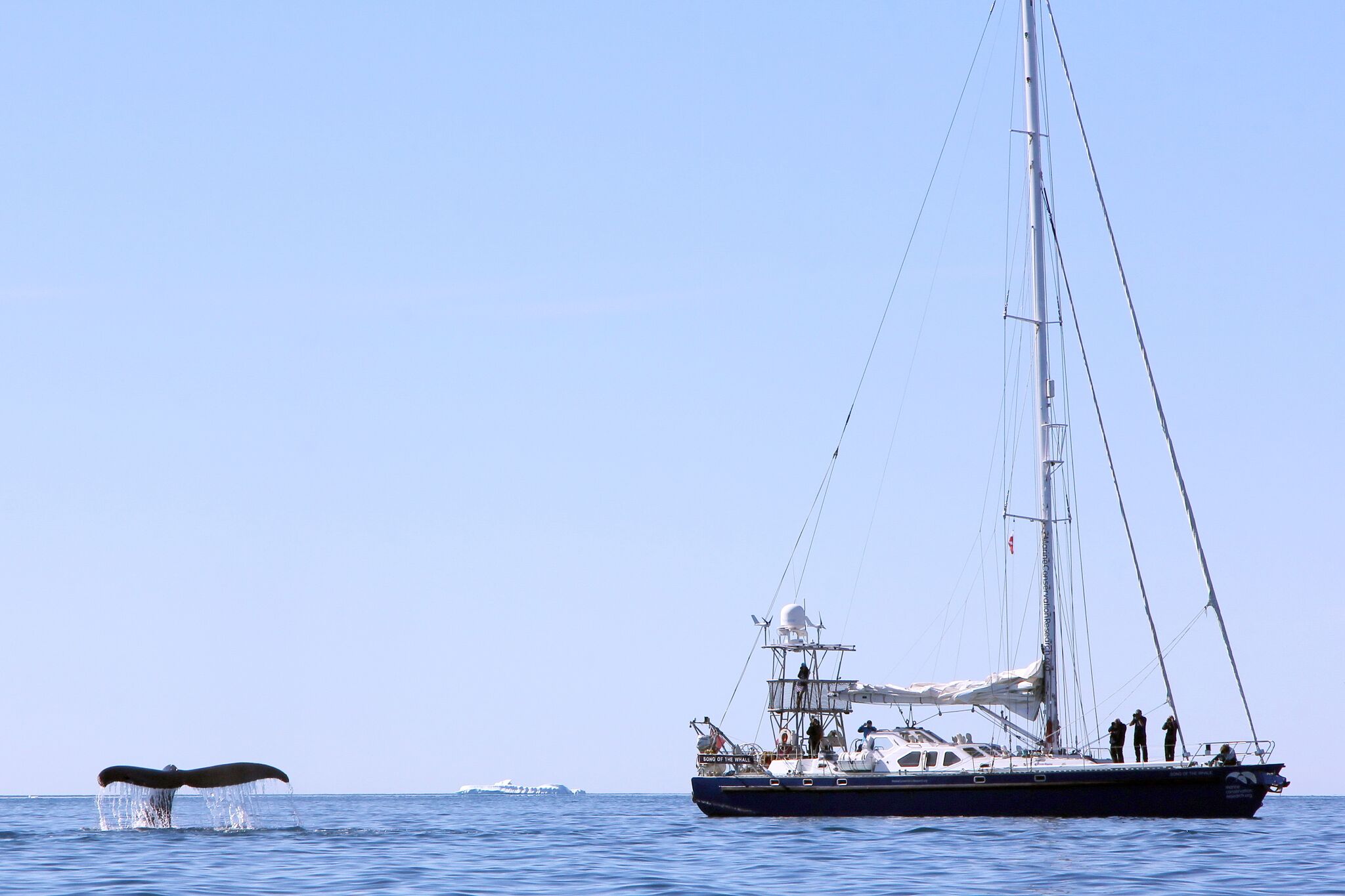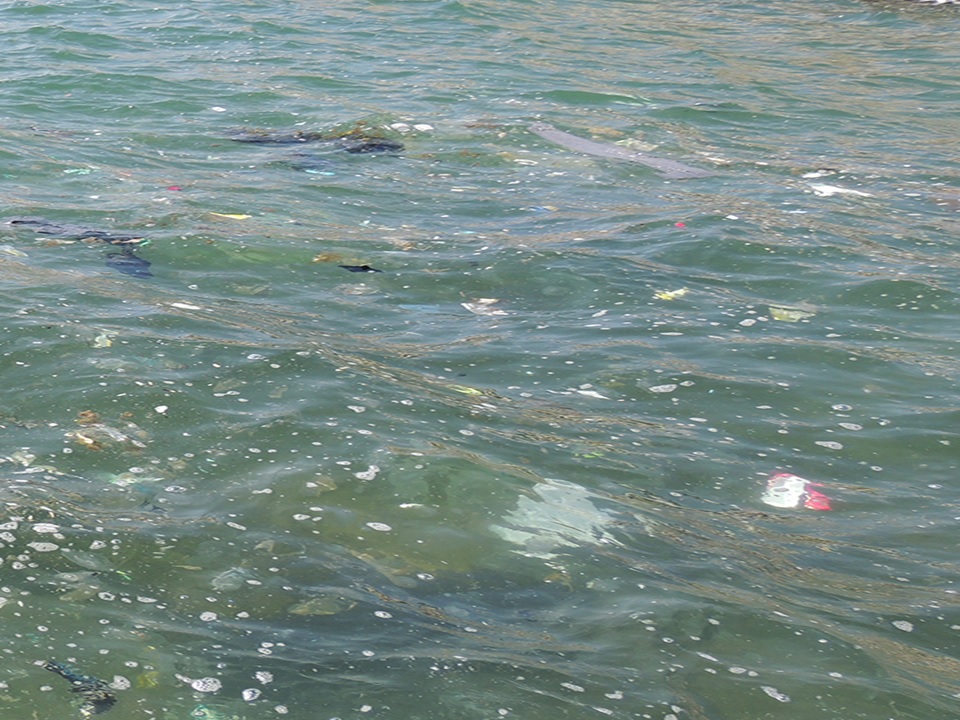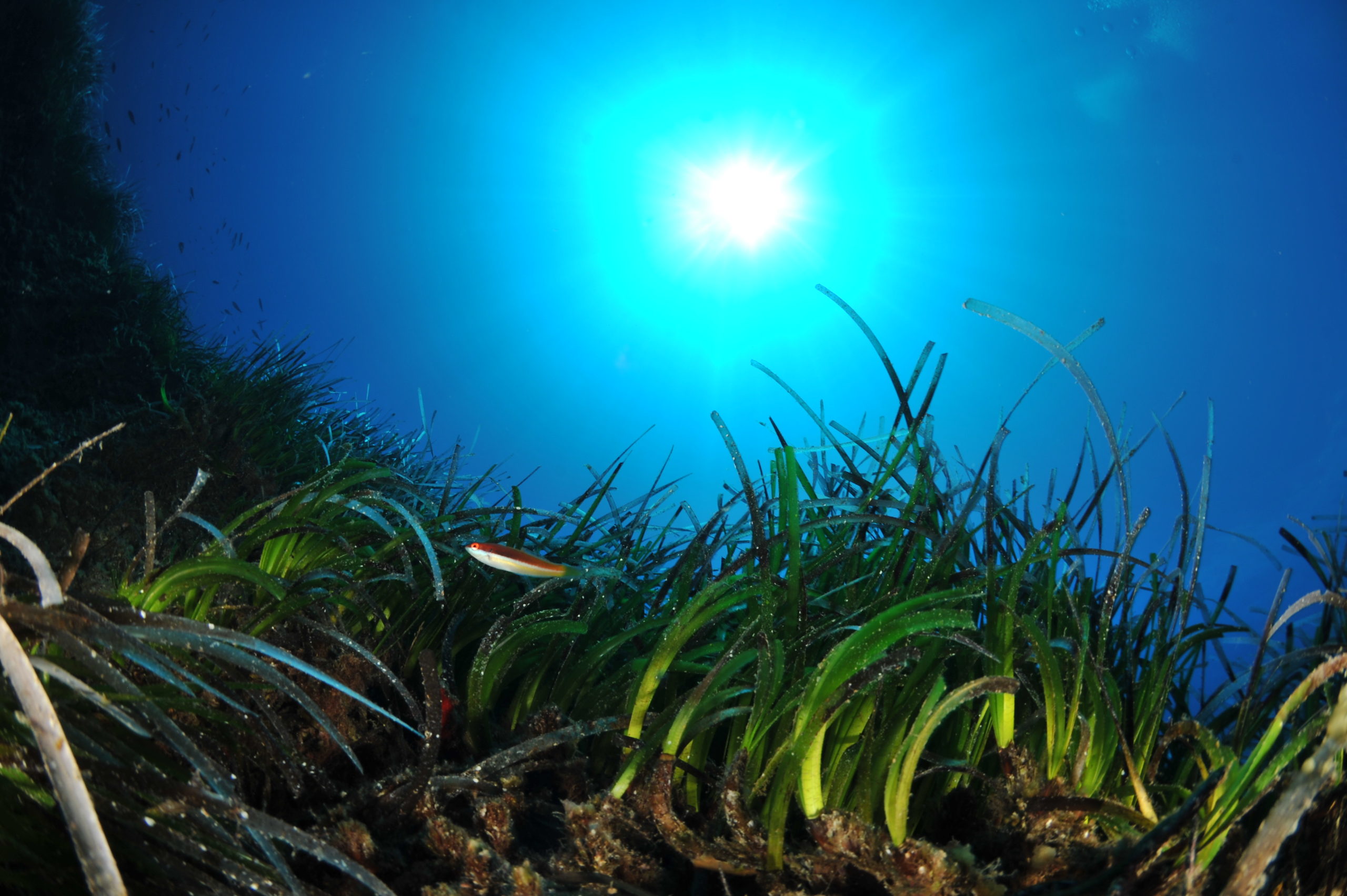Monaco, 17 June 2019. During the summer 2019, the Agreement on the Conservation of Cetaceans of the Black Sea, Mediterranean Sea and contiguous Atlantic Area (ACCOBAMS), will work with Black Sea party countries to carry out the largest survey ever of marine megafauna in the region.
A semi-enclosed sea, with distinctive geographical features and very low oxygen levels, the Black Sea is home to marine mammal species which are genetically distinct from their relatives in the rest of the world. Yet information as to the size of the populations and geographical location of species such as the Black Sea bottlenose dolphin, the Black Sea common dolphin and the Black Sea Harbour Porpoise is incomplete, and in some areas inexistent.
Under the umbrella of the ACCOBAMS Survey Initiative (ASI) and with funding from the European Commission, the survey in the Black Sea will be carried out as part of the CeNoBs project which aims to assess the current status of biodiversity in the region. CeNoBs will also include initiatives to evaluate and improve monitoring of the impact of human activities such as underwater noise and bycatch. The survey in the Black Sea complements the census ACCOBAMS carried out in the Mediterranean last year. The results will provide a baseline to measure future changes as well as essential information to implement effective conservation initiatives.
Cetaceans play a key role in maintaining an equilibrium within ecosystems. Yet pollution, noise, tourism, fisheries, and industry can lead to environmental and climatic changes which can in turn have serious impacts on ecosystems and biodiversity.
First of its kind survey
The ACCOBAMS Survey Initiative is historic due to the size, scale and number of countries involved in the effort. For the first time ever, Mediterranean and Black Sea countries are all working together for this ambitious scientific endeavour, which is coordinated by the ACCOBAMS Permanent Secretariat. During the first stage in the summer 2018, 20 Mediterranean countries and 30 partner organisations simultaneously collected data on cetaceans and other marine species such as sea turtles, sea birds, sharks, but also on marine litter and underwater noise. Covering the whole of the Mediterranean, 8 planes, 6 boats were mobilised and over 100 scientists relayed for the effort. 70 000km were surveyed from the air, and 22 000km were surveyed by sea by the vessel Song of the Whale alone. Scientists from the Black Sea participated in the Mediterranean survey and will lead the upcoming survey in their region.
The ASI results will enable countries to monitor changes in cetacean populations and will be useful for future conservation efforts, such as the establishment of Marine Protected Areas (MPAs) or when addressing threats linked with human activities such as fisheries or maritime traffic.
Assessing marine litter and the impact of human activities
In parallel to the survey of marine fauna, ACCOBAMS will be working with participating countries to improve the assessment of certain human activities which could have an impact on biodiversity. The Black Sea houses a variety of habitats and used to be very rich in biodiversity. However, factors including its physical features and ensuing hydrological fluxes coupled with pollution, oil and gas exploration and overfishing have contributed to the degradation of its marine environment.
Activities such as oil and gas exploration as well as shipping also generate considerable underwater noise which travels very far. Yet cetaceans use sound to communicate, look for food and orient themselves. Noise creates disturbances and puts stress on cetaceans, which can lead to them being disoriented and hinder their communications with other group members. In extreme cases, impacts on their hearing could lead to stranding and then to the death of the animals. During the Mediterranean survey, scientific observers monitored underwater noise which can be correlated with the presence of cetaceans in order to assess its impact. A similar exercise will be carried out during the Black Sea survey this summer.
Scientific observers will also work with local fishermen to assess bycatch, the accidental catching of non-commercial species in fishing gear. Globally, bycatch is responsible for the death of thousands of cetaceans and other marine megafauna individuals every year, yet there is limited data in certain parts of the world.
Teams will also monitor and record sightings of marine litter which is a major threat to the environment and to biodiversity, harming animals if they get entangled or ingest it.
For more information, www.accobams.org .
Detailed background: ACCOBAMS Survey in the Mediterranean & Black Sea



